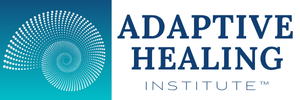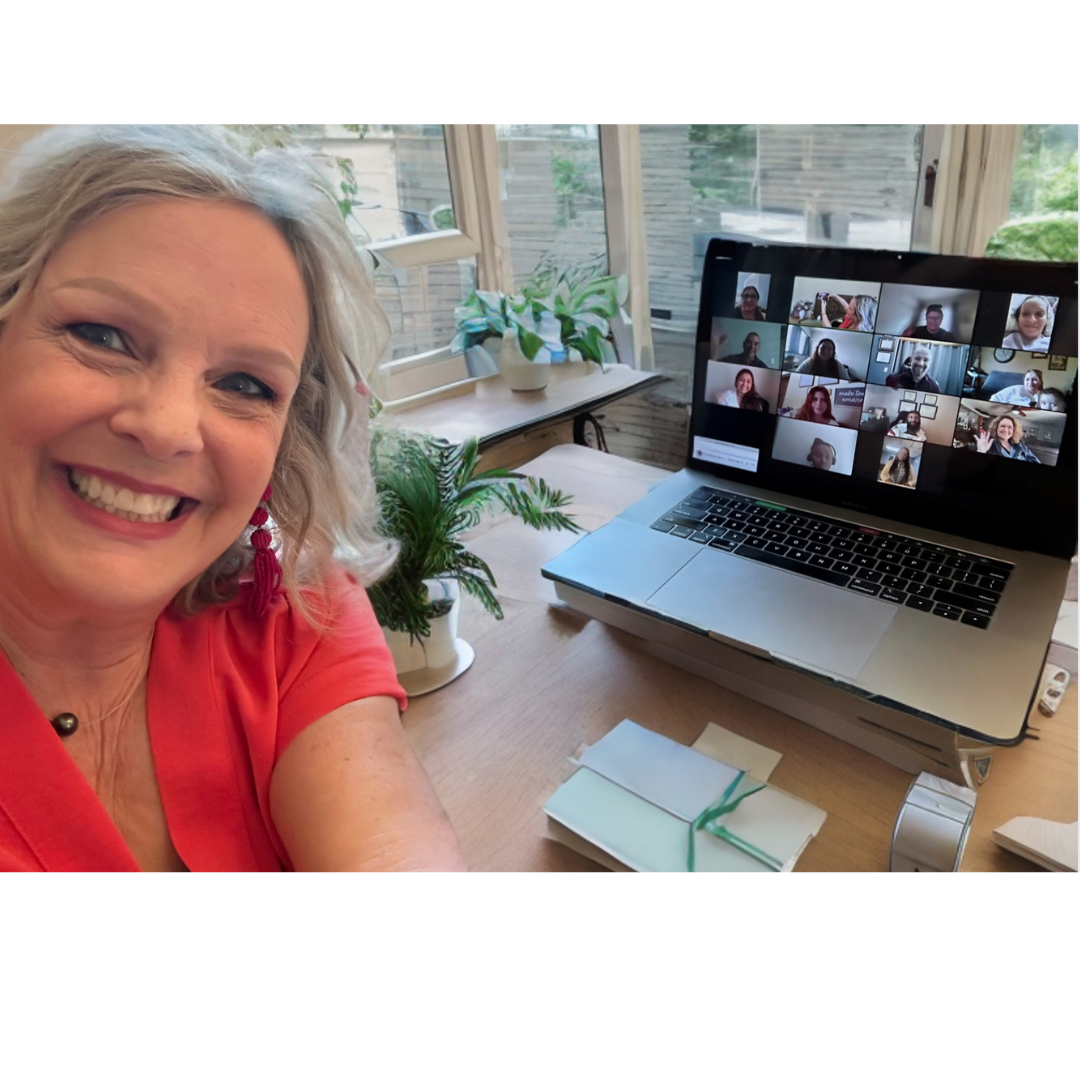
Cancer Support
Emotional Support for Cancer: All Stages
The Adaptive Healing Method™ provides whole-person, trauma-informed care to individuals and families navigating the emotional toll of cancer—because cancer doesn’t just affect your body.
It touches every part of your life.
Cancer Isn’t Just Physical—And Neither Is Healing
A cancer diagnosis changes everything. From the moment you hear the words “It’s cancer,” your world shifts. Suddenly, you’re juggling medical decisions, side effects, and survival—often while trying to hold yourself, your relationships, and your sense of identity together.
The Adaptive Healing Method™ offers a unique framework to support individuals and families through every stage of the cancer journey: diagnosis, treatment, recovery, survivorship, and beyond.
Whether you’re newly diagnosed, in active treatment, facing recurrence fears, or adjusting to life after cancer—we’re here to help.
The Emotional Landscape of Cancer
Each phase of the cancer experience brings its own emotional challenges:
At diagnosis: Shock, fear, overwhelm, and information overload
During treatment: Physical changes, exhaustion, isolation, and survival mode
Post-treatment: “Now what?” anxiety, grief, body image changes, and identity confusion
Long-term survivorship: Fear of recurrence, “scanxiety,” and rebuilding life after the trauma of treatment
The Scary Stuff: When treatment isn’t working, when we have to face the worst case scenario; how do we do this and keep our hope alive as well. How do we say good-bye with the utmost of care, dignity and grace?!
Cancer can also resurface old wounds—previous losses, childhood trauma, relationship strain—making it feel like everything is happening all at once.
The Adaptive Healing Method has been created by someone who has not only gone through the entire cancer journey, and somehow survived - despite what the “numbers” said. Later on, she had to act as caregiver for her husband and the long journey the ultimately ended in him passing away.
She has served the cancer community for years and ran groups for children who had parents going through treatment or parents who had passed away. She has seen most every angle of the cancer journey and has wrapped that experience and wisdom into the method.
What Makes This Approach Different?
The Adaptive Healing Method™ is not traditional talk therapy. It is a trauma-informed, integrative framework built to support the full experience of illness—not just the symptoms.
We help you:
Process fear, grief, and trauma in a safe, structured way
Reconnect with your identity and sense of agency
Navigate changes in your relationships and roles
Address body image, intimacy, and sexuality during and post-treatment
Heal the invisible wounds of the medical system
Explore meaning, purpose, and joy—on your terms
Types of Cancer We Support
We work with individuals and families impacted by a wide range of cancer types, including but not limited to:
Breast & Gynecological Cancers
Breast cancer (all types, including triple-negative, HER2-positive, etc.)
Ovarian cancer
Uterine/endometrial cancer
Cervical cancer
Vulvar and vaginal cancers
Reproductive & Urological Cancers
Prostate cancer
Testicular cancer
Bladder cancer
Kidney (renal cell) cancer
Gastrointestinal Cancers
Colon and rectal cancer
Pancreatic cancer
Liver cancer
Esophageal and stomach cancers
Head, Neck & Neurological Cancers
Brain tumors (malignant and benign)
Thyroid cancer
Oral and laryngeal cancers
Nasopharyngeal cancer
Lung & Thoracic Cancers
Non-small cell and small cell lung cancers
Mesothelioma
Mediastinal tumors
Blood & Lymphatic Cancers
Leukemia (various types)
Lymphoma (Hodgkin and non-Hodgkin)
Multiple myeloma
Myelodysplastic syndromes (MDS)
Pediatric, Rare & Complex Cancers
Pediatric cancers
Sarcomas
Metastatic/advanced cancers
Cancers of unknown primary (CUP)
Genetic cancer syndromes (e.g., BRCA-related)
Who’s Impacted by Cancer?
(Everyone.)
Cancer affects more than just the person receiving the diagnosis.
The emotional ripple effects often impact:
Spouses and partners (including intimacy and role strain)
Children and teens trying to make sense of what’s happening
Parents of children (even when adults) with cancer
Adult children caring for aging parents
Siblings, friends, and extended family
Caregivers navigating exhaustion, fear, and anticipatory grief
We also support individuals who are grieving a loved one lost to cancer, or those struggling with survivor’s guilt.
How the Adaptive Healing Method™ Can Help
This isn’t surface-level support or symptom tracking.
It’s whole-person, whole-story care.
The Adaptive Healing Method™ is built around eight key chambers that address trauma, resilience, grief, regulation, growth, and reimagining a full life—despite the challenges illness brings. Whether you’re stuck in grief, overwhelmed by burnout, struggling with identity loss, or yearning for joy again, there is a pathway forward.
Frequently Asked Questions
-
It’s incredibly common to feel worse emotionally after treatment ends. During treatment you’re in survival mode, after treatment is most often when everything starts to get processed.
It’s also a time where you’re not seeing doctors as frequently, friends and family check in less because well… “it’s over”.
But for you, you have been changed ~ and now you have to figure out how to reclaim your life. It’s not easy.
Many people say, “Everyone thinks I’m fine—but I feel completely lost.” You’re not alone.
The Adaptive Healing Method™ supports this crucial stage of healing that often gets overlooked.
-
Yes, absolutely! Spouses, adult children, teens, and caregivers are deeply impacted by cancer. The diagnosis affects everyone in the cancer patients circle.
We offer therapy, resources, and tools tailored to the caregiver experience—because you deserve care, too.
-
Absolutely. Cancer grief is layered—often including anticipatory grief, unresolved medical trauma, and existential pain.
The Adaptive Healing Method™ gently supports grief at every stage and honors your ongoing connection with the person you’ve lost.
-
Yes, this is a key part of our method. We address the emotional and relational complexities that can arise after surgery, chemotherapy, hormonal changes, or body image shifts.
Reconnecting with your body—on your terms—is a key part of emotional healing.
-
Yes we can. In our dream world, everyone would get access to the Adaptive Healing Method the moment a cancer diagnosis is made.
It’s scary and foreign. It’s normal to feel lost, confused and even hopeless. We help with every stage of the journey - even if that is helping you to figure out what your next step is.
Still have questions? Contact us.
THE PEOPLE HAVE SPOKEN
Here’s What Others Are Saying…
“I was so stuck after my mets diagnosis. Working with Tacha allowed me to live the life that I still have and not let the fear paralyze me. Cancer already took so much, but I now know that there’s parts I can control.”
— Client (Anonymous)
I didn’t know how to deal with my wife’s cancer diagnosis. It changed every aspect of our lives and we were so stressed, we started arguing about everything. This gave us skills to cope and communicate.
— Client (Anonymous)
“Treatment was over and I looked in the mirror and didn’t know the person I saw. This process helped me gain a new sense of who I wanted to be and start to love my body again.
— Client (Anonymous)
Meet Tacha…
EHi! I’m Tacha Kasper, LMFT
I’m the founder of the Adaptive Healing Institute™, Healing Point Counseling & Wellness Center, and the creator of the Adaptive Healing Method™.
But long before I was a clinician, I was a patient—diagnosed with Interstitial Cystitis in 2005 after years of dismissal and harm. Later, I would face Triple-Negative breast cancer, chemotherapy, reconstruction trauma, and permanent post-surgical pain and side effects. All layered on a foundation of childhood abuse and early relational trauma. I’ve also been a caregiver to my husband who eventually passed away due to cancer. I’ve lived so many different roles…. and still do.
I’m what Carl Jung would call a Wounded Healer—someone who walks between the worlds of suffering and wisdom, translating what’s hard to name into something that can be understood, validated, and held with care.
I’ve spent nearly two decades helping others—and myself—reclaim life after loss, pain, and invisible battles. And I’d be honored to have my method help you too.

LETS GET STARTED









